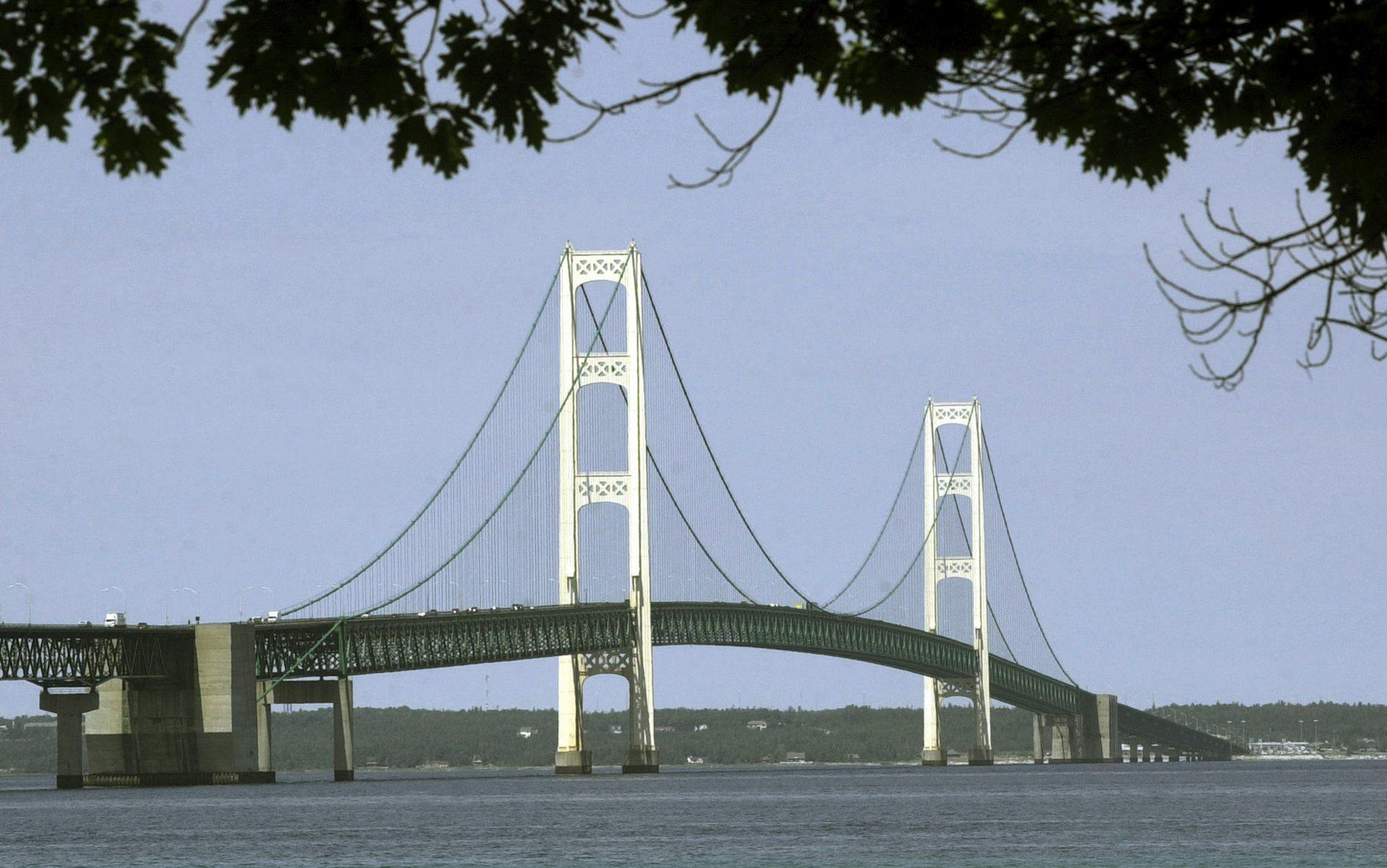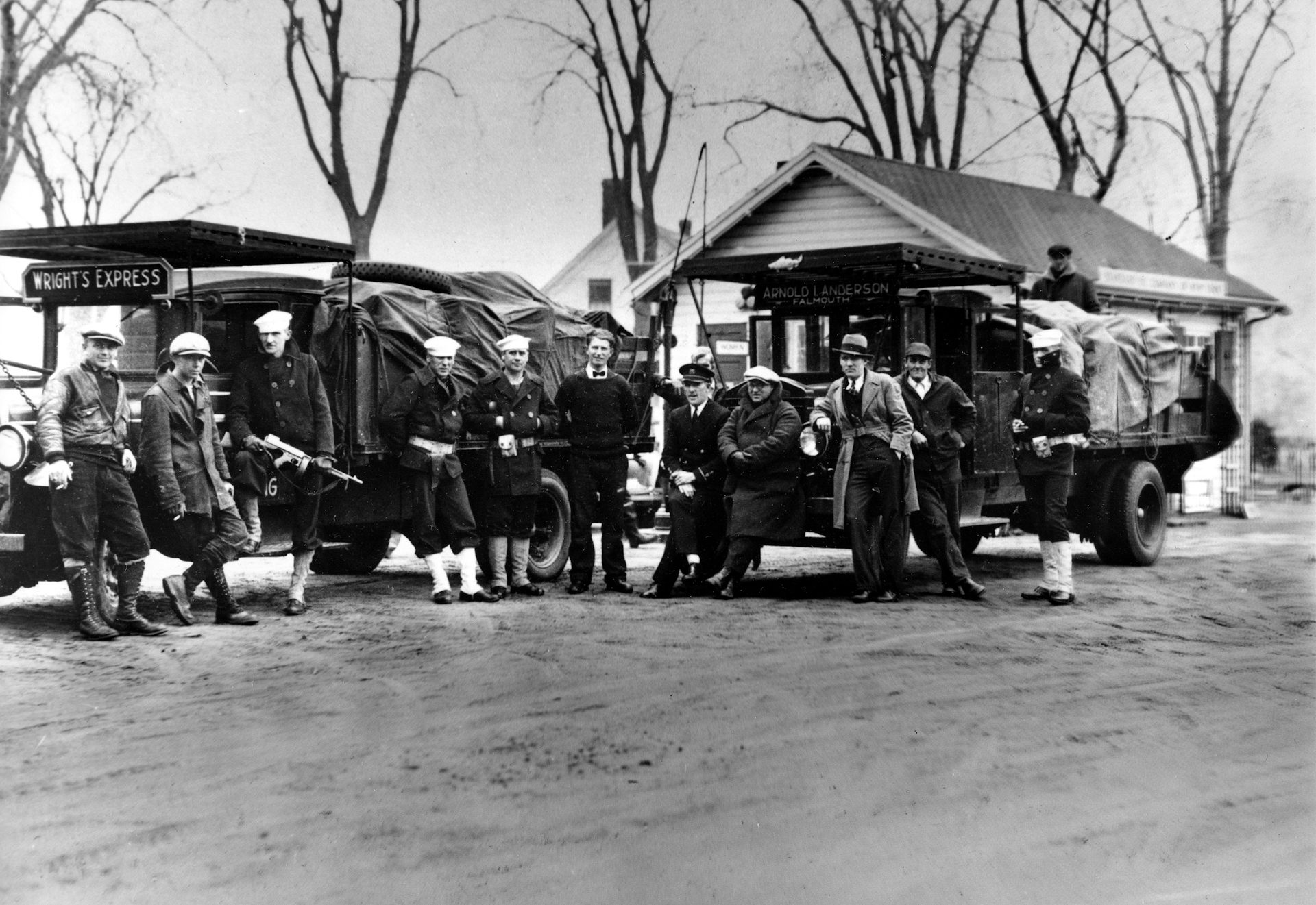How to battle boredom at work
New research suggests alternating boring and meaningful tasks can keep workers more engaged and productive.

Though neuroscience suggests that boredom can be good for us, we all try to avoid it. Even the most exciting jobs in the world — astronaut, nuclear engineer, helicopter pilot, virus hunter — can be filled with drudgery at times. Nobody is immune from paperwork and meetings.
The problem with boredom at work is that its negative effects can linger. You might be able to power through a mind-numbing task, like putting stamps on 500 envelopes, but in doing so you harm your ability to accomplish subsequent tasks. Suppressing boredom doesn’t prevent its effects; it simply places them on hold until later.
Like whack-a-mole, downplaying boredom on one task results in attention and productivity deficits that will bubble up again.
In new peer-reviewed research, my colleagues and I show that a more effective approach is to alternate boring tasks with meaningful ones. This helps prevent the effects of boredom from spilling over into subsequent tasks.
These findings are based on several studies we conducted. For example, we asked volunteers to watch either a tedious video on the different kinds of paint that can be used inside a house or a more interesting one on a Rube Goldberg machine. On a subsequent task, the participants who watched the boring paint video mind-wandered more and were less productive — but not when they were told that the task would be used to help children with autism. In other words, when the second task was made to appear meaningful, this offset some of the negative effects of boredom.
Boredom serves an important purpose. It signals to us that we should stop what we’re doing and do something — anything — else. But boredom can become problematic if we try to ignore it.
Casher Belinda does not work for, consult, own shares in or receive funding from any company or organization that would benefit from this article, and has disclosed no relevant affiliations beyond their academic appointment.
Read These Next
The cost of casting animals as heroes and villains in conservation science
New research shows how these storytelling choices can distort science – and how to move beyond them.
Supreme Court’s Michigan pipeline case is about Native rights and fossil fuels, not just technical l
The issue in front of the US Supreme Court is seemingly mundane, about federal or state jurisdiction.…
How transparent policies can protect Florida school libraries amid efforts to ban books
Well-designed school library policies make space for community feedback while preserving intellectual…





